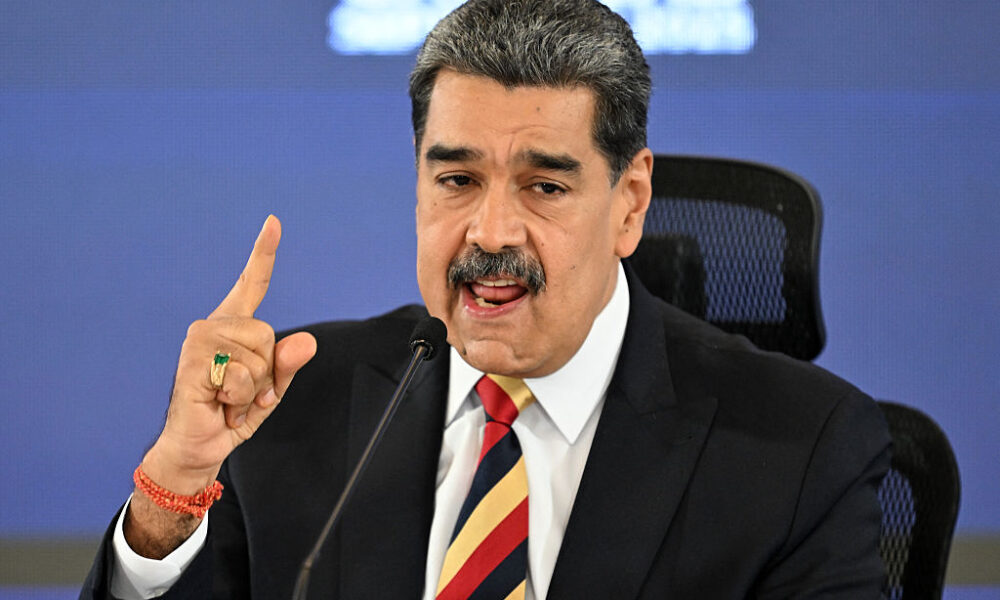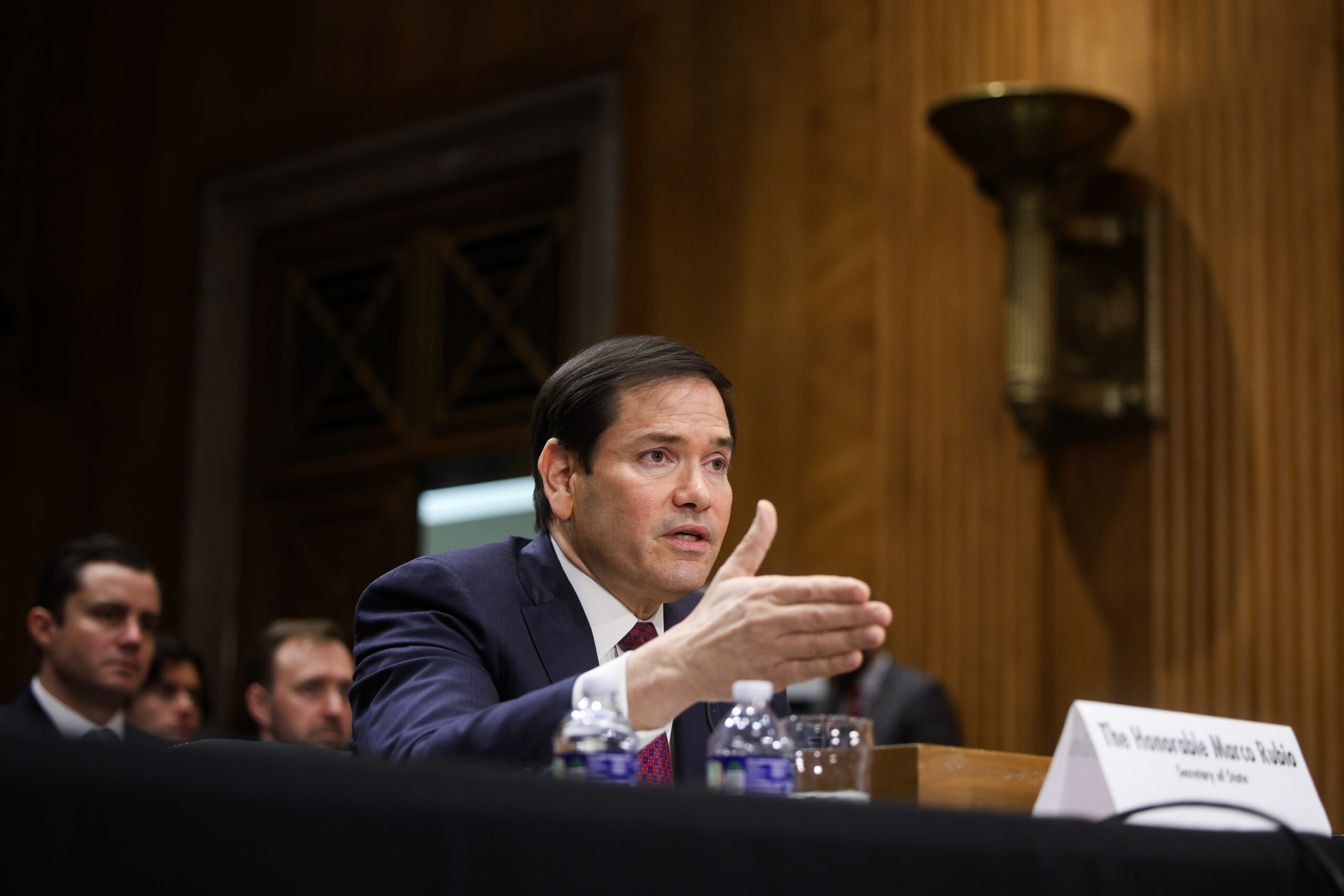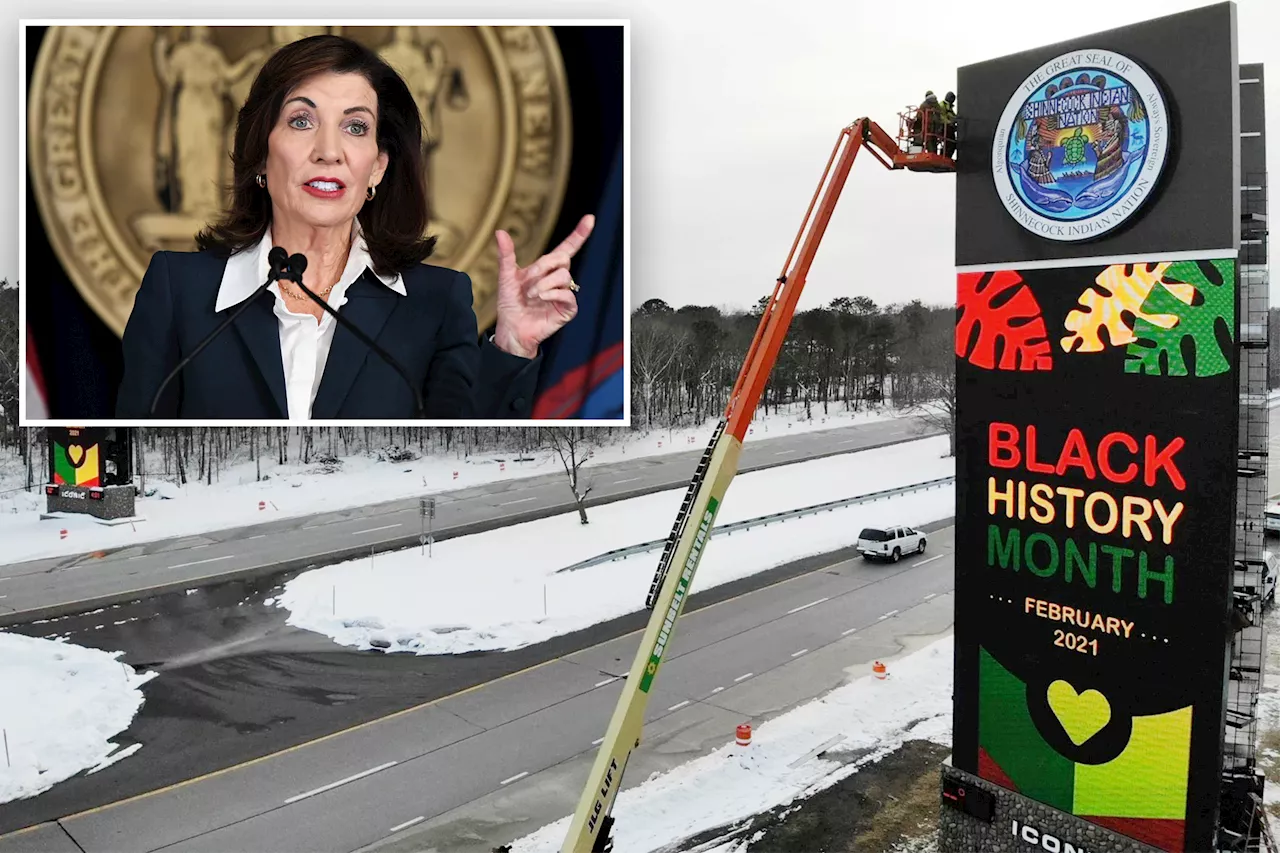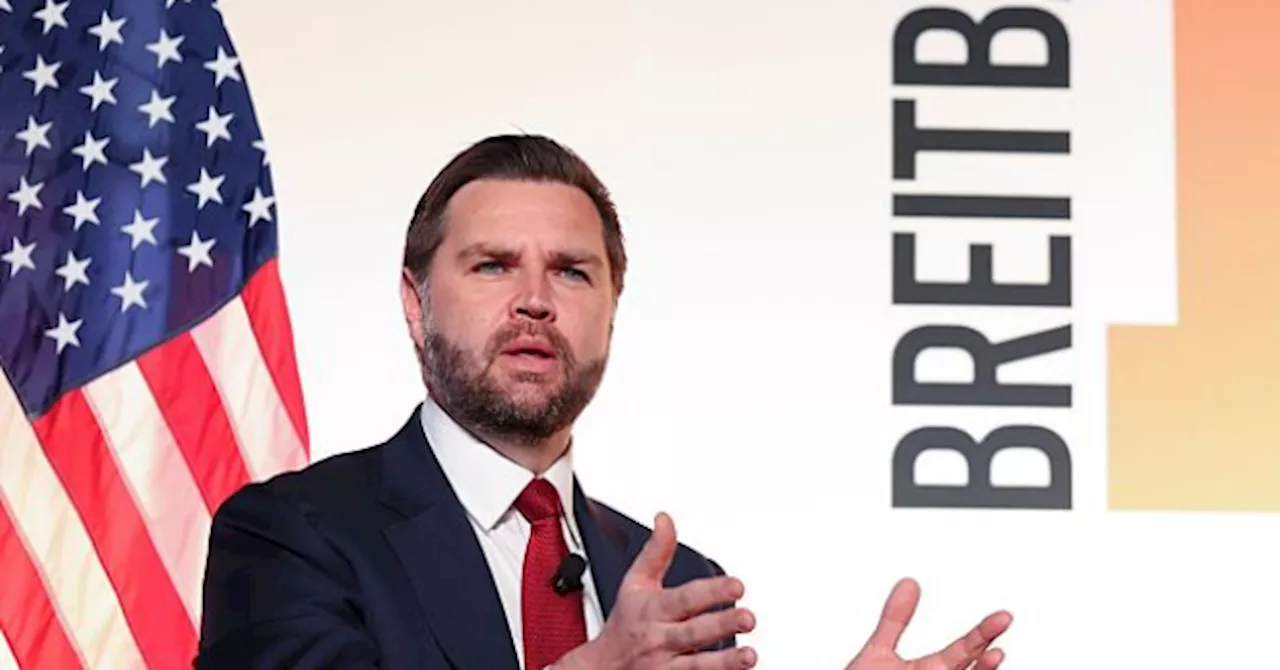Venezuelan President Nicolas Maduro has described Colombia and Venezuela as “one country,” coinciding with increased military pressure from the United States on both nations. In a recent statement, Maduro claimed, “Colombia knows we are one, Siamese twins. Whatever happens with Venezuela is the same with Colombia.” He emphasized the interconnectedness of the two nations, suggesting that any action against Venezuela would impact Colombia as well.
Maduro’s remarks come as the U.S. ramps up military operations in the Caribbean, targeting alleged drug trafficking routes. He referenced correspondence from a Colombian military officer to further underline his point, asserting that the fate of Venezuela is intrinsically linked to that of Colombia.
Colombian President Gustavo Petro has been vocal in his criticism of U.S. actions, particularly regarding the recent military strikes against suspected drug boats. In an interview with Univision, Petro accused the U.S. of fabricating reasons to justify an invasion of Venezuela. “Lies. They killed 27 Latin American people with missiles. It’s a war crime,” he said, stressing that these actions are merely a pretext for exploiting Venezuela’s oil resources.
Petro’s disdain for U.S. intervention extends to his view of President Donald Trump, whom he referred to as “a lunatic.” He argued that Trump’s claims of Colombia being “a drug manufacturing machine” are unfounded and damaging. Petro firmly stated, “He can speak with me as an equal. Giving me orders? No sir.”
The political climate between the U.S., Colombia, and Venezuela has further strained, particularly after Bogota announced the recall of its ambassador to the U.S. Colombian Foreign Minister Rosa Yolanda Villavicencio Mapy confirmed that Ambassador Daniel Garcia-Peña has returned to Bogota, where Petro will soon outline the implications of this diplomatic decision.
In response to the growing tensions, President Trump has bluntly criticized Petro’s administration, claiming it has failed to combat drug production effectively. He threatened to halt U.S. financial support, stating, “As of today, these payments, or any other form of payment or subsidy, will no longer be made to Colombia.”
This escalating rhetoric and diplomatic fallout illustrate the complexities of U.S.-Latin American relations, particularly as both Colombia and Venezuela navigate their intertwined political landscapes amid external pressures.
As the situation develops, the implications for both nations, particularly regarding their military and diplomatic strategies, remain to be seen. For now, the dialogue between the leaders reflects not only their national interests but also the broader geopolitical dynamics at play in the region.







